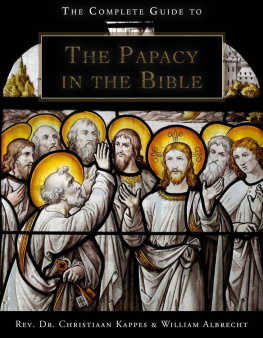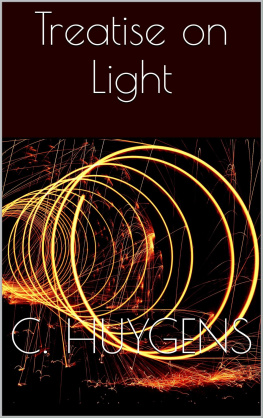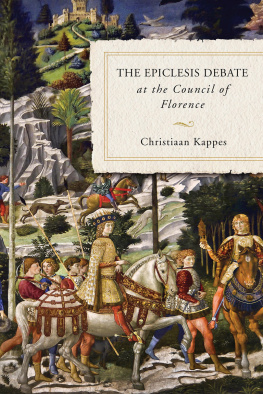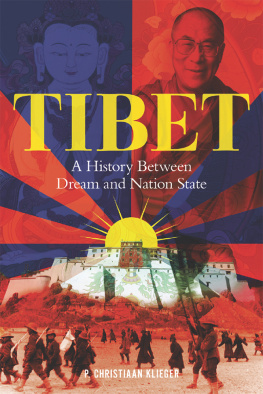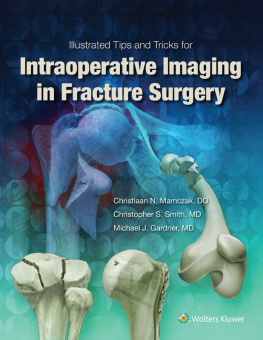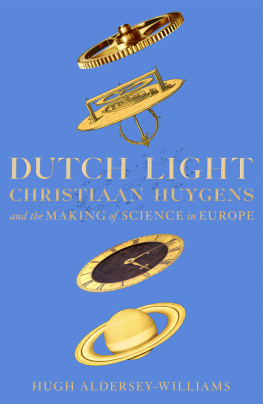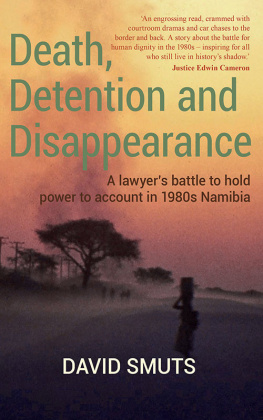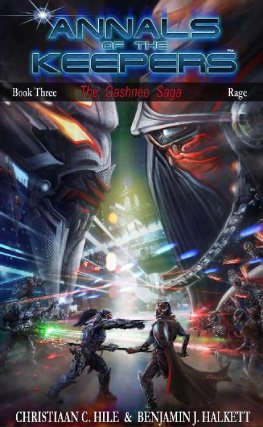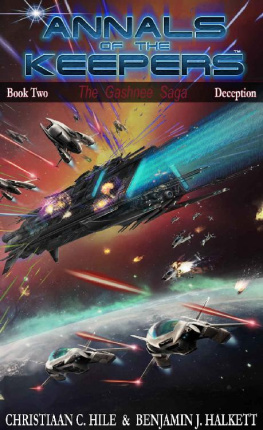PREFACE.
"In this awful turning point of the history of South Africa, on the eve of the conflict which threatens to exterminate our people, it behoves us to speak the truth in what may be, perchance, our last message to the world."
Such is the raison d'tre of this book. It is issued by State Secretary Reitz as the official exposition of the case of the Boer against the Briton. I regard it as not merely a duty but an honour to be permitted to bring it before the attention of my countrymen.
Rightly or wrongly the British Government has sat in judgment upon the South African Republic, rightly or wrongly it has condemned it to death. And now, before the executioner can carry out the sentence, the accused is entitled to claim the right to speak freelyit may be for the last timeto say why, in his opinion, the sentence should not be executed. A liberty which the English law accords as an unquestioned right to the foulest murderer cannot be denied to the South African Republic. It is on that ground that I have felt bound to afford the spokesman of our Dutch brethren in South Africa the opportunity of stating their case in his own way in the hearing of the Empire.
Despite the diligently propagated legend of a Reptile press fed by Dr. Leyds for the purpose of perverting public opinion, it is indisputable that so far as this country is concerned Mr. Reitz is quite correct in saying that the case of the Transvaal "has been lost by default before the tribunal of public opinion."
It is idle to point, in reply to this, to the statements that have appeared in the press of the Continent. These pleadings were not addressed to the tribunal that was trying the case. In the British press the case of the Transvaal was never presented by any accredited counsel for the defence. Those of us who have in these late months been compelled by the instinct of justice to protest against the campaign of misrepresentation organised for the purpose of destroying the South African Republic were in many cases so far from authorised exponents of the South African Dutch that some of themamong whom I may be reckoned for onewere regarded with such suspicion that it was most difficult for us to obtain even the most necessary information from the representatives of the Government at Pretoria. Nor was this suspicion without causeso far at least as I was concerned.
For nearly a quarter of a century it might almost have been contended that I was one of the leading counsel for the prosecution. First as the friend and advocate of the Rev. John Mackenzie, then as the friend and supporter of Mr. Cecil Rhodes, and latterly as the former colleague and upholder of Sir Alfred Milner, it had been my lot constantly, in season and out of season, to defend the cause of the progressive Briton against the Conservative Boer, and especially to advocate the Cause of the Reformers and Uitlanders against the old Tory Administration of President Kruger. By agitation, by pressure, and even, if need be, in the last resort by legitimate insurrection, I had always been ready to seek the establishment of a progressive Liberal Administration in Pretoria. And I have at least the small consolation of knowing that if any of the movements which I defended had succeeded, the present crisis would never have arisen, and the independence of the South African Republic would have been established on an unassailable basis. But with such a record it is obvious that I was almost the last man in the Empire who could be regarded as an authorised exponent of the case of the Boers.
That in these last months I have been forced to protest against the attempt to stifle their independence is due to a very simple cause. To seek to reform the Transvaal, even by the rough and ready means of a legitimate revolution, is one thing. To conspire to stifle the Republic in order to add its territory to the Empire is a very different thing. The difference may be illustrated by an instance in our own history. Several years ago I wrote a popular history of the House of Lords, in which I showed, at least to my own satisfaction, that for fifty years our "pig-headed oligarchs"to borrow a phrase much in favour with the War Partyhad inflicted infinite mischief upon the United Kingdom by the way in which they had abused their power to thwart the will of the elected representatives of the people. I am firmly of opinion that our hereditary Chamber has done a thousand times more injury to the subjects of the Queen than President Kruger has ever inflicted upon the aggrieved Uitlanders. I look forward with a certain grim satisfaction to assisting, in the near future, in a semi-revolutionary agitation against the Peers, in which some of our most potent arguments will be those which the War Party has employed to inflame public sentiment against the Boers. But, notwithstanding all this, if a conspiracy of Invincibles were to be formed for the purpose of ending the House of Lords by assassinating its members, or by blowing up the Gilded Chamber and all its occupants with dynamite, I should protest against such an outrage as vehemently as I have protested against the more heinous crime that is now in course of perpetration in South Africa. And the very vehemence with which I had in times past pleaded the cause of the People against the Peers would intensify the earnestness with which I would endeavour to avert the exploitation of a legitimate desire to end the Second Chamber by the unscrupulous conspirators of assassination and of dynamite. Hence it is that I seize every opportunity afforded me of enabling the doomed Dutch to plead their case before the tribunal which has condemned them, virtually unheard.
In introducing A Century of Wrong to the British public, I carefully disassociate myself from assuming any responsibility for all or any of the statements which it contains. My imprimatur was not sought, nor is it extended to the history contained in A Century of Wrong, excepting in so far as relates to its authenticity as an exposition of what our brothers the Boers think of the way in which we have dealt with them for the last hundred years.
That is much more important than the endorsement by any Englishman as to the historical accuracy of the statements which it contains. For what every judicial tribunal desires, first of all, is to hear witnesses at first hand. Hitherto the British public has chiefly been condemned to second-hand testimony. In the pages of A Century of Wrong it will, at least, have an opportunity of hearing the Dutch of South Africa speak for themselves.
There is no question as to the qualifications of Mr. F.W. Reitz to speak on behalf of the Dutch Africander. Although at this moment State Secretary for President Kruger, he was for nearly ten years Chief Justice and then President of the Orange Free State, and he began his life in the Cape Colony. The family is of German origin, but his ancestors migrated to Holland in the seventeenth century and became Dutch. His grandfather emigrated from Holland to the Cape, and founded one of the Africander families. His father was a sheep farmer; one of his uncles was a lieutenant in the British Navy.



